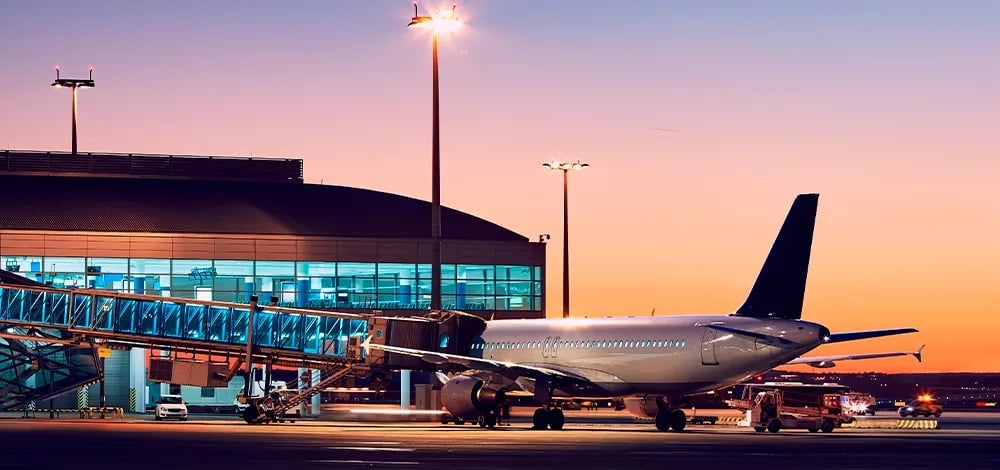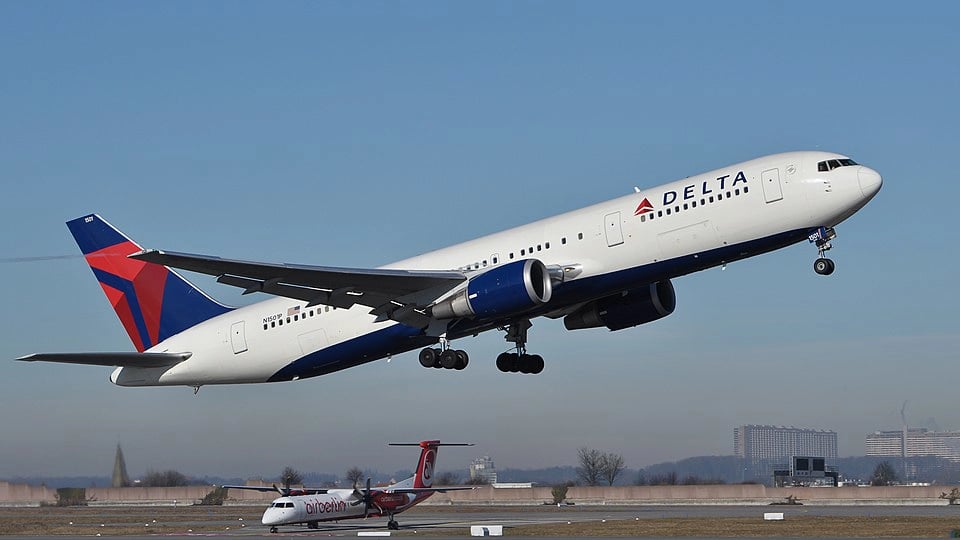Delta Air Lines Warns of Disruptions from Aircraft Import Tariffs
Delta Air Lines $DAL has issued a warning about aircraft import tariffs potentially imposed by the U.S. government, raising concerns over their impact on aircraft deliveries and broader airline operations. These proposed tariffs target imported planes and components, including models manufactured by Airbus in Canada, Germany, and France.
“Such trade barriers could fundamentally disrupt flight operations and affect millions of passengers,” Delta stated in a submission to the U.S. Department of Commerce.
Airbus Aircraft Deliveries at Stake
Delta emphasized that it received 47 Airbus aircraft across 2023 and 2024, forming a critical part of its fleet renewal strategy. These planes were sourced internationally and are essential to maintaining schedule efficiency and modern service standards.
Key Aircraft Supply Facts
Countries of origin: Canada, Germany, France
Total deliveries: 47 Airbus planes
Passenger impact: Estimated 10 million travelers
Operational risk: Flight cancellations and scheduling issues
If these deliveries had been blocked by tariffs, Delta noted that it could have faced massive disruptions, with millions of travelers experiencing flight cancellations and rebookings.

Trade Policy as a Risk Factor for U.S. Aviation
Delta’s statement acts not only as a self-defense but as a warning for the entire airline industry. The company stressed that regulatory decisions, particularly those related to aviation trade policy, can cause system-wide volatility, especially given the interconnected nature of global supply chains.
The potential aircraft import restrictions are prompting Delta and other carriers to reassess procurement and investment strategies amid the threat of politically driven trade barriers.

Conclusion — Aviation at a Crossroads
The warning from Delta Air Lines underscores the growing importance of strategic foresight in aviation. As global supply chains tighten and political decisions reverberate across sectors, airlines must adapt quickly. The imposition of aircraft tariffs could compromise the availability of critical aviation assets and alter travel experiences for millions.
Regulators and stakeholders now face a critical question: should airline operations and connectivity be collateral damage in the trade policy battlefield?















Comments
This development highlights the growing alignment between innovation and capital allocation